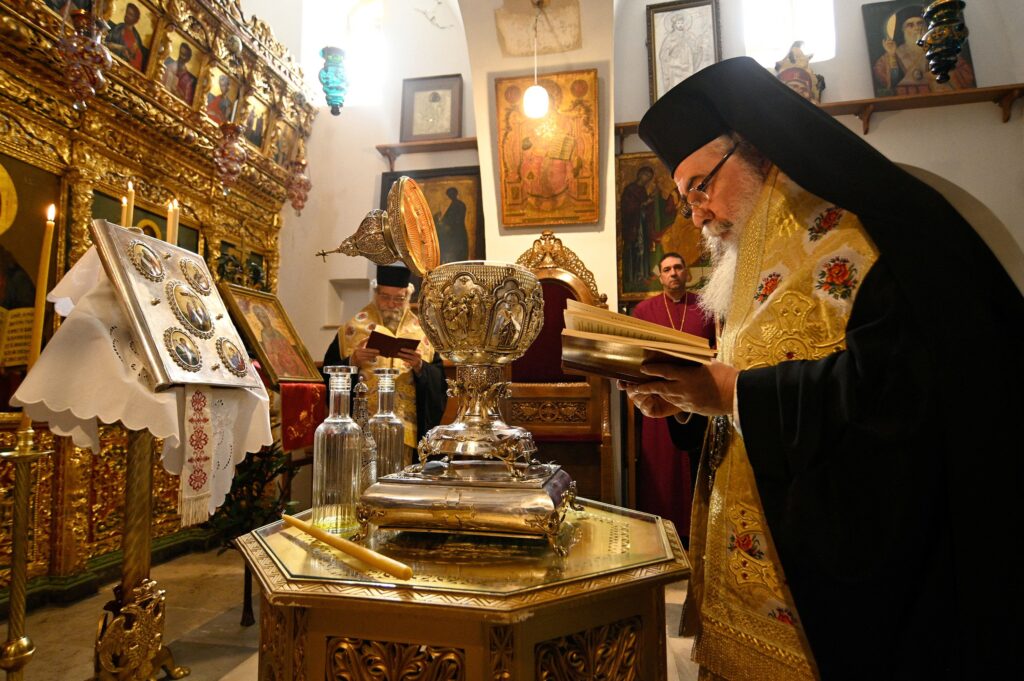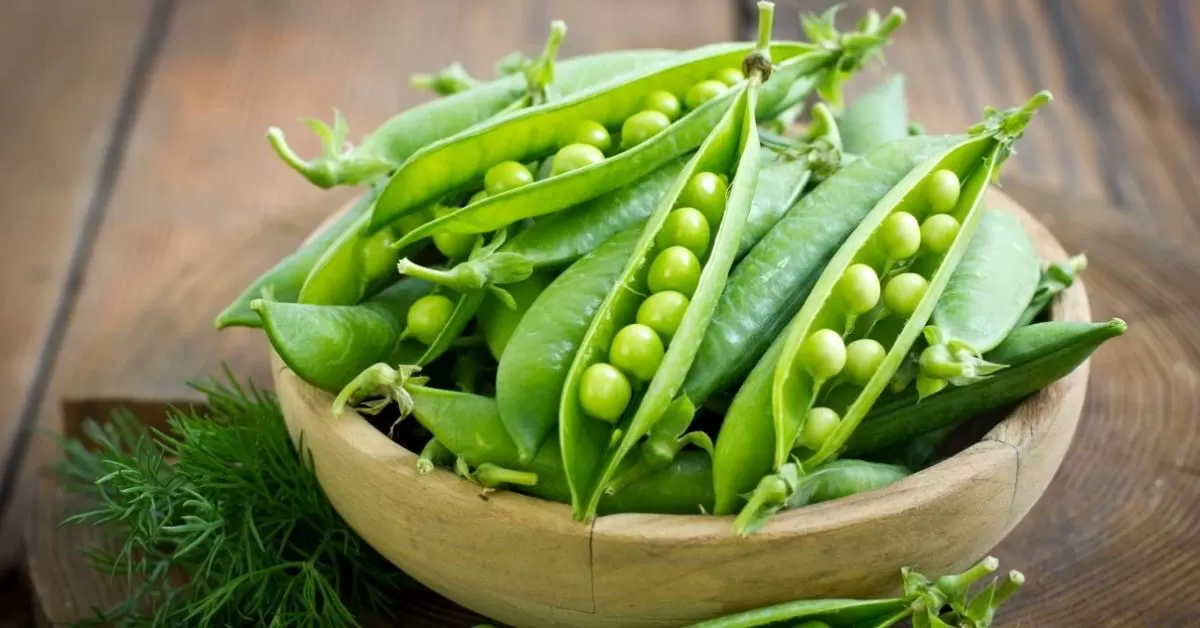Introduction
Anointment, a practice dating back thousands of years, holds a special place in human history. It is a sacred ritual that transcends cultural boundaries and continues to be an integral part of various spiritual and healing traditions around the world. In this article, we delve into the fascinating world of anointment, exploring its historical significance, diverse uses, and enduring relevance in contemporary society.

The Origins of Anointment
The concept of anointment can be traced back to ancient civilizations such as the Egyptians, Greeks, and Romans. These cultures believed in the healing and spiritual properties of oils and ointments, using them for both medicinal and ritualistic purposes. The ancient Egyptians, for example, anointed their pharaohs with precious oils to symbolize their divine connection and prepare them for the afterlife.
Anointment in Religion and Spirituality
Anointment plays a crucial role in various religious and spiritual traditions. In Christianity, anointment with holy oils is a sacrament known as “anointing of the sick” or “extreme unction.” It is administered to the ill and the dying as a means of seeking physical and spiritual healing. Similarly, in Hinduism, the practice of anointing the body with oils during a religious ceremony, such as Abhishekam, is a symbol of purification and devotion.
Moreover, anointment is central to many shamanic and indigenous traditions. Shamans and healers often use specific oils and herbs to anoint individuals during rituals, invoking the power of nature and the spirit world to bring about healing, protection, and transformation.
The Healing Power of Anointment
Anointment has been employed for its therapeutic benefits throughout history. Essential oils, derived from various plants and herbs, are frequently used for their medicinal properties. Lavender oil, for instance, is known for its calming and soothing effects, making it an excellent choice for massage and relaxation rituals. Eucalyptus oil is valued for its ability to clear respiratory passages, while tea tree oil is cherished for its antiseptic properties.
Modern aromatherapy, a holistic healing approach, harnesses the power of essential oils and anointment techniques to address a wide range of physical and emotional issues. From stress relief to pain management, aromatherapy has found a significant place in contemporary wellness practices.

Anointment as a Symbol of Blessing and Celebration
Beyond healing and spirituality, anointment is often associated with blessings and celebrations. In many cultures, anointing is an essential component of wedding ceremonies. The bride and groom are anointed with fragrant oils as a symbol of their union, purification, and the start of a new life together.
Similarly, anointment is used during religious celebrations, such as the anointing of a king or queen during a coronation ceremony. In these instances, the act of anointment signifies divine approval and blessing upon the ruler’s reign.
Contemporary Applications of Anointment
In today’s fast-paced world, anointment continues to find its place as a means of relaxation, self-care, and spiritual connection. Spas and wellness centers offer an array of anointment-based treatments, including aromatherapy massages and essential oil-infused baths. These practices aim to promote relaxation, reduce stress, and enhance overall well-being.
Additionally, many individuals incorporate anointment into their daily routines through the use of essential oil diffusers or by applying oils directly to their skin. The versatility of anointment allows people to personalize their wellness routines to address specific needs and preferences.

Conclusion
Anointment, a timeless practice with deep roots in history and spirituality, remains a source of healing, blessing, and connection in our modern world. Whether used for physical health, spiritual rituals, or as a means of relaxation, the power of anointment endures as a testament to the enduring wisdom of our ancestors. As we continue to explore the profound benefits of this ancient art, we also acknowledge its role in fostering a sense of harmony and balance in our lives

